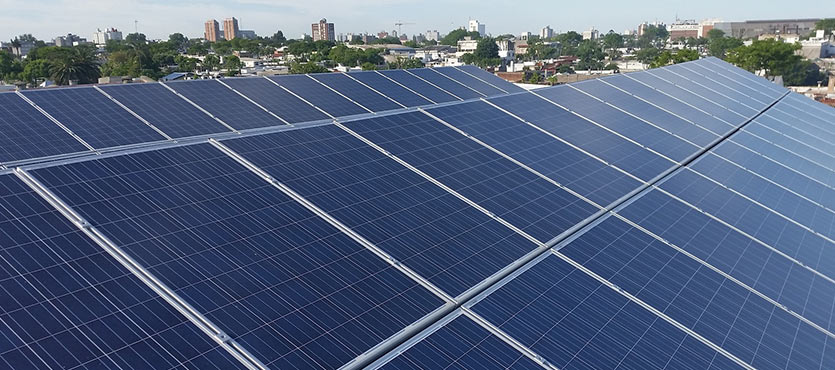Solar Power Panels For Home - The Ultimate Guide

In recent years, it has become possible for homeowners to harness the power of the sun to generate their own electricity. By installing solar panels on their roofs, homeowners can enjoy the many benefits of free, clean energy, while also reducing their dependence on fossil fuels and cutting their carbon footprint.
If you are considering solar power panels for your home, then you are in the right place. In this guide, we will cover everything you need to know about residential solar power, from the benefits and costs of installation to the processes involved in choosing and installing solar panels.
Benefits of Solar Power Panels For Home
The benefits of solar power panels for home are many and varied. The most significant is the ability to generate your own electricity for free, which can lead to substantial savings on your energy bills over time.
In addition to the financial benefits, solar power panels for home also offer a number of environmental benefits, including reducing your carbon footprint and promoting sustainability.
Further benefits of solar power panels for home include greater energy independence, increased property value, and the satisfaction of knowing that you are doing your part to protect the environment.
Cost of Solar Power Panels For Home
The cost of solar power panels for home has fallen significantly in recent years. In fact, solar panels now cost around 50% less than they did just one year ago, making them one of the most cost-effective investments you can make for your home.
Despite the lower cost of solar panels, however, the initial cost of installation can still be significant. According to the U.S. Department of Energy, the average cost of a residential solar panel system is around $15,000 to $25,000.
However, the cost of installation can be offset by a number of incentives and tax credits, which we will cover later in this guide.
Choosing the Right Solar Power Panels For Home
When it comes to choosing the right solar power panels for your home, there are a number of factors to consider. These include:
- Type of solar panel. There are two main types of solar panel: monocrystalline and polycrystalline. The former is more efficient, but also more expensive, while the latter is less efficient but more affordable.
- Size of solar panel. The size of your solar panel system will depend on the amount of energy you need to generate, as well as the size of your roof.
- Brand of solar panel. There are many different brands of solar panel on the market, each with their own pros and cons. Some popular brands include (brand name removed), LG, and SunPower.
- Installer. Choosing the right installer is crucial to ensuring that your solar panel system is installed correctly and efficiently. Look for an installer with a good reputation and experience in residential solar installations.
Incentives and Tax Credits
There are a number of incentives and tax credits available to homeowners who install solar power panels for home. These include:
- Federal Investment Tax Credit. This credit allows homeowners to deduct 26% of the cost of their solar panel system from their federal income taxes.
- State Incentives. Many states offer their own incentives and tax credits for residential solar installations, such as sales tax exemptions and property tax exemptions.
- Rebates. Some utilities and energy companies offer rebates for homeowners who install solar panels.
Installation Process
The installation process for solar power panels for home typically involves the following steps:
1. Consultation with installer. Your chosen installer will conduct an initial consultation to assess your energy needs and the suitability of your roof for solar panel installation.
2. Design and Permitting. The installer will then design a solar panel system that meets your energy needs and complies with local regulations. This will involve obtaining any necessary permits.
3. Installation. The solar panels will be installed on your roof by the installer, along with all necessary wiring and equipment.
4. Inspection and Activation. The completed solar panel system will be inspected by the installer and activated.
Conclusion
Solar power panels for home offer homeowners a wealth of benefits, from financial savings to environmental sustainability. With the cost of installation falling significantly in recent years, there has never been a better time to invest in solar panels for your home.
By choosing the right solar panel system and installer, and taking advantage of available incentives and tax credits, you can enjoy free electricity for years to come, while also doing your part to protect the environment.